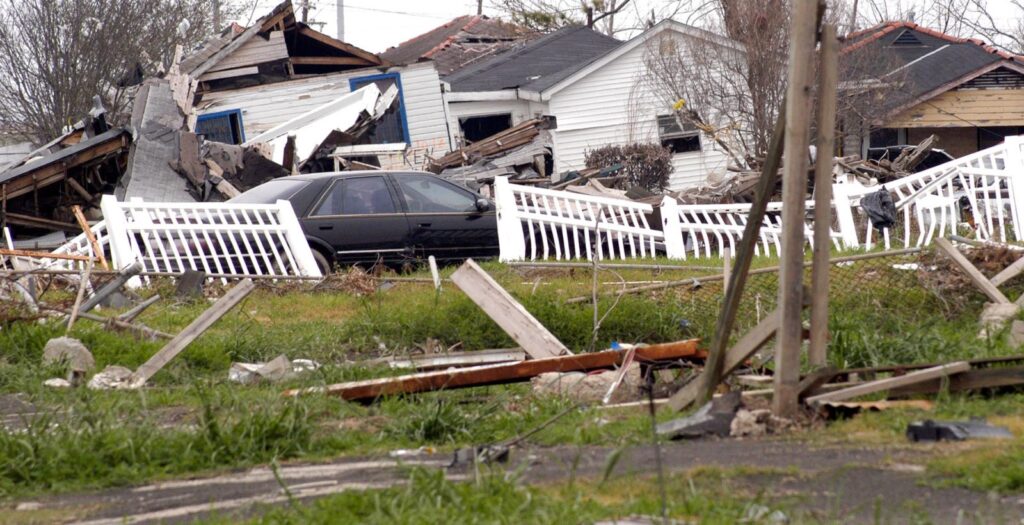
What Is Bad Faith Insurance?
Unfortunately, insurance companies often have the upper hand when it comes to settling a claim. Big insurance companies generally have superior expertise, financial resources, and negotiating strength in comparison to an injured individual, or a person who has had their home destroyed. Because of the disparity between an individual and an insurance company, most courts…
Read More





